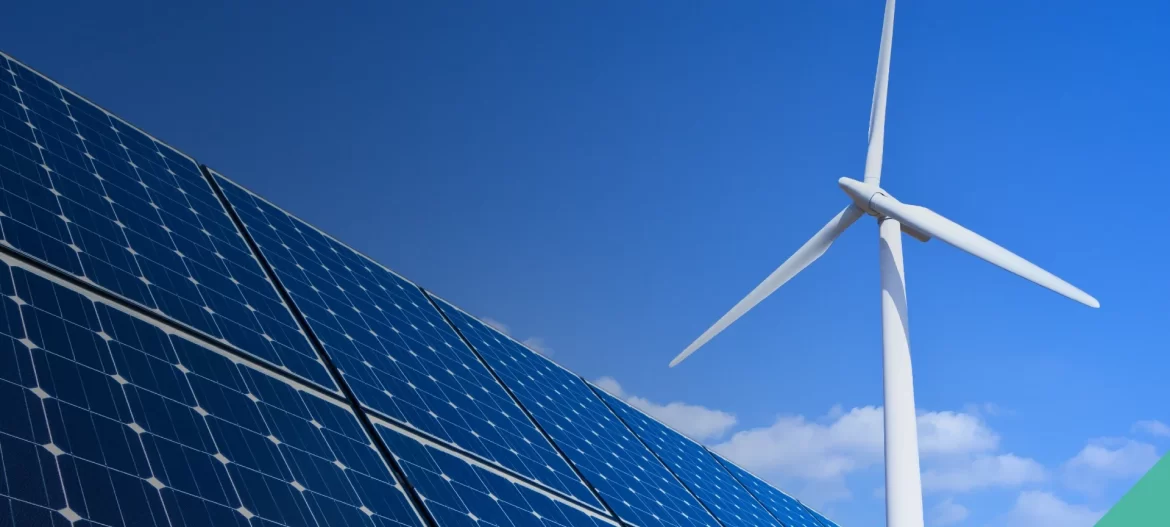Egypt is making significant strides in its renewable energy ambitions, aiming to develop 10 gigawatts of capacity by 2028 under the National Platform for the NWFE (Nexus of Water, Food, and Energy) Program.
This initiative, announced during the inauguration of the Abydos 1 Solar Power Plant in Aswan, represents a pivotal effort to expand sustainable energy, reduce reliance on thermal power, and advance the goals of Egypt’s National Climate Change Strategy 2050.
The Abydos 1 Solar Power Plant, a flagship project within the NWFE Program, boasts a capacity of 560 megawatts.
Its inauguration was attended by prominent figures including Prime Minister Mostafa Madbouly, Minister of Planning and International Cooperation Rania Al-Mashat, Minister of Electricity and Renewable Energy Mahmoud Esmat, Minister of Petroleum and Mineral Resources Karim Badr, and Aswan Governor Major General Ismail Kamal.
Executed by AMEA Power, a subsidiary of the UAE-based Al Nowais Group, the project was financed through partnerships with leading global institutions such as the International Finance Corporation (IFC), Japan International Cooperation Agency (JICA), and Dutch Development Bank (FMO)
The NWFE Program’s energy component is designed to replace 5 gigawatts of thermal power plants with renewable energy projects, while attracting $10 billion in investments by 2028.
This initiative aligns with Egypt’s target to increase renewable energy’s share in its energy mix to 42% by 2030.
Minister Al-Mashat highlighted the program’s innovative financing model, which leverages blended finance to attract private-sector investments.
Since its launch in 2022, the NWFE Program has secured over $4.5 billion in concessional financing, adding 4.7 gigawatts of renewable energy capacity.
The transition to renewable energy is expected to yield substantial environmental and financial benefits, including:
- Carbon Reduction: Eliminating 17 million tons of carbon dioxide emissions annually.
- Cost Savings: Reducing fuel expenses by $1.2 billion per year.
The Abydos project underscores Egypt’s expanding renewable energy capacity, supported by structural and legislative reforms implemented since 2014.
These reforms have positioned Egypt as a regional leader in clean energy, enabling it to meet domestic energy demands while advancing cross-border electricity initiatives.
The NWFE Program has earned international acclaim as a model for green investment. At COP29, 12 multilateral development banks commended the initiative for its innovative approach to financing climate action and promoting sustainable development.
In addition to the Abydos solar plant, other NWFE projects, such as the Amounet Wind Farm in Ras Ghareb, highlight Egypt’s commitment to a low-carbon economy and its role as a global clean energy leader.
By achieving its renewable energy goals, Egypt is reducing its environmental footprint, driving economic growth, and reinforcing its leadership in the global energy transition.
The NWFE Program stands as a testament to Egypt’s dedication to building a sustainable, resilient, and green future.
![]()




